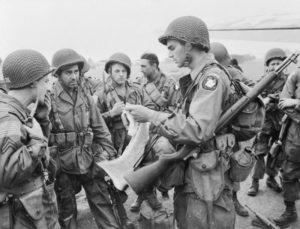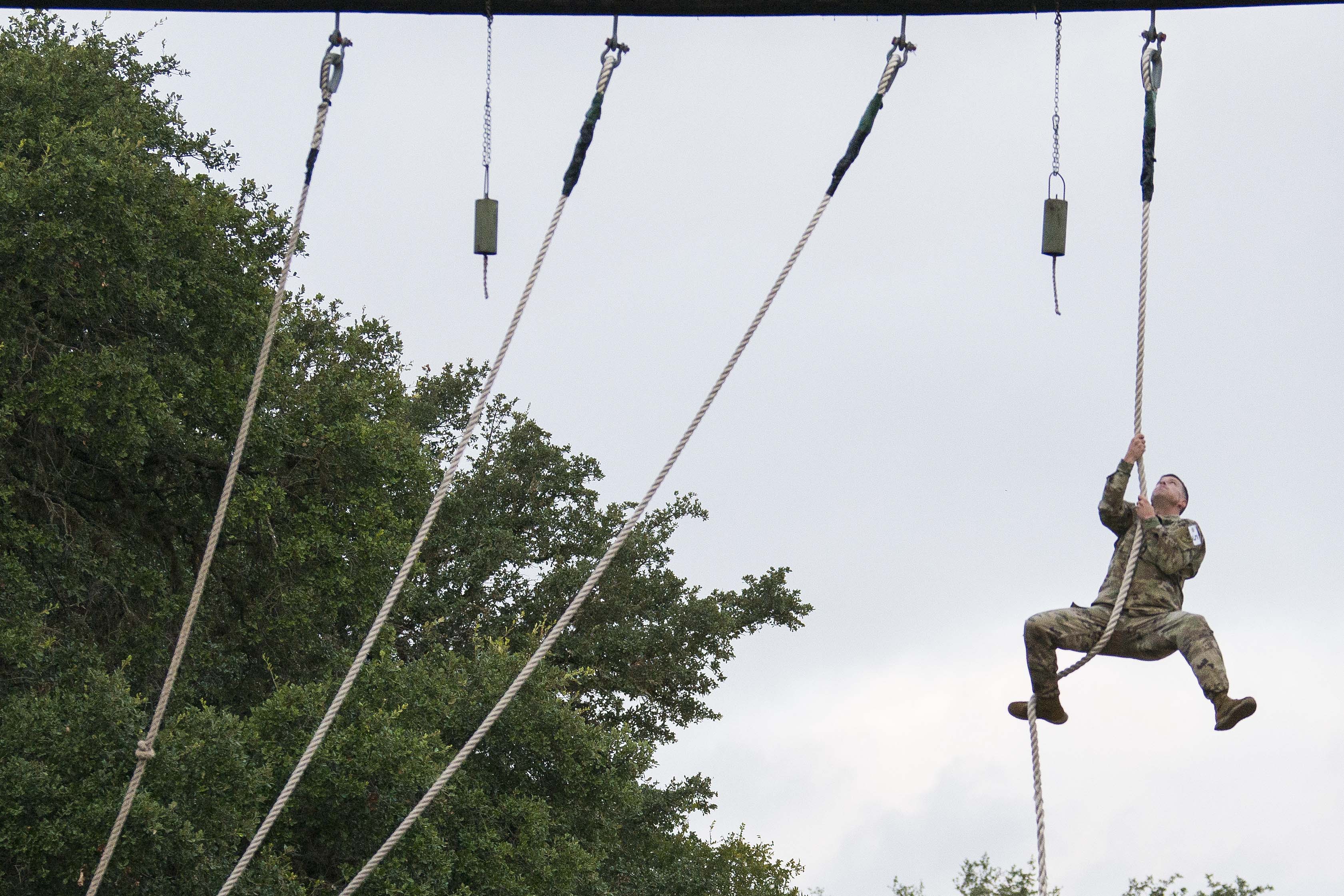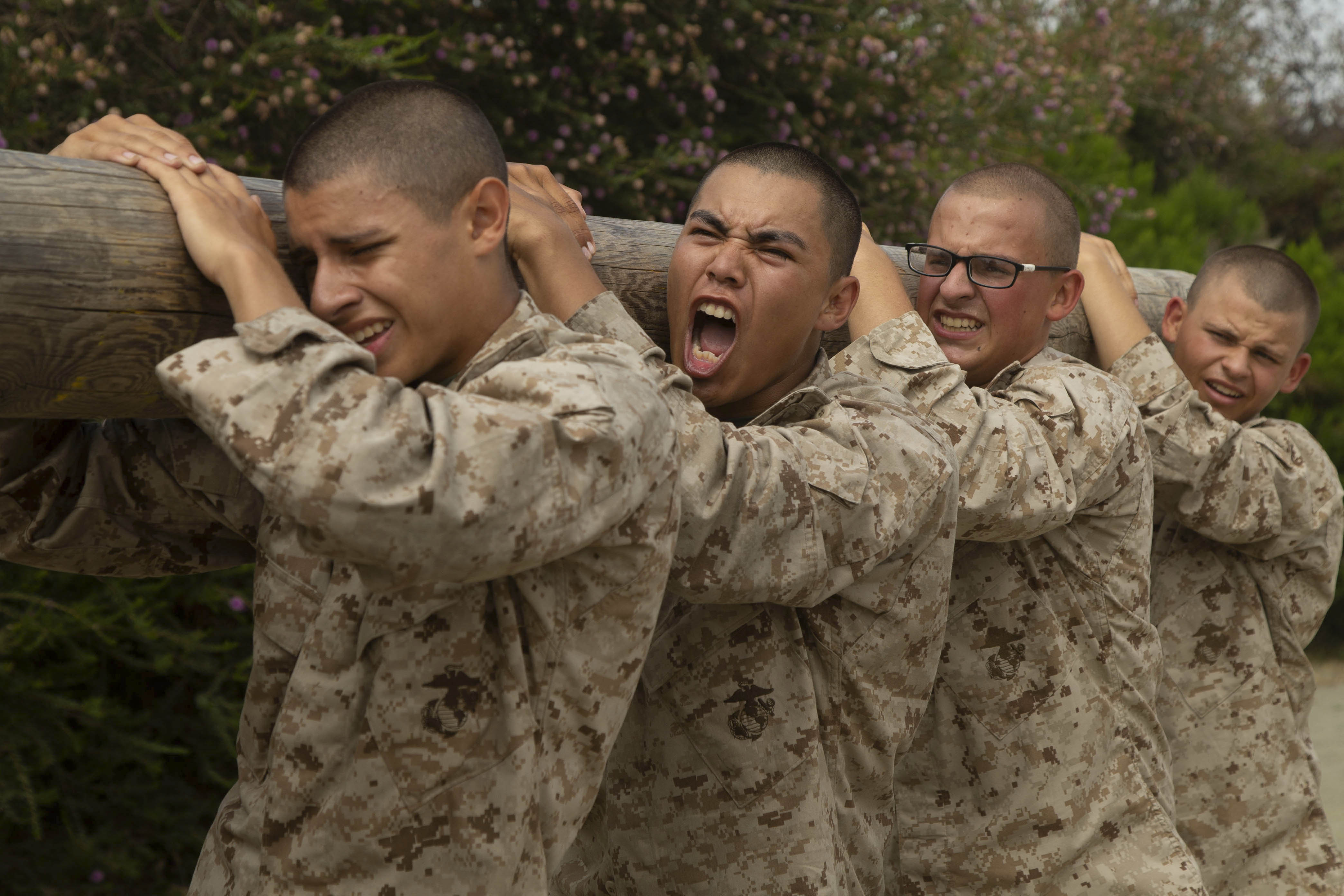
As I was listening to Jay Knight’s podcast, Veteranology, and the outstanding interview with Command Sergeant Major (Retired) Wayne Robinson, a phrase that succinctly describes the uniqueness of a veteran’s mindset popped into my mind: LGOP. CSM(R) Robinson was speaking about how veterans have experience with decentralized decision making: today’s veterans are trained to make decisions with significant ramifications, using limited information, that non-military peers could not even fathom. Veterans do not easily describe this ability when they leave the service, most importantly because it’s not easy to understand.
So what does this have to do with the LGOP? And what even is an LGOP? If you’re not a veteran, but have spent any time around them, you’ll know that we have a particular love-hate relationship with our acronyms. This particular acronym, though, was taught to me as a young Sergeant first arriving at the 82nd Airborne Division in the late nineties: the particular phenomenon known as the Little Group of Paratroopers.
If you’ve ever seen Saving Private Ryan, or Band of Brothers, then you have a sense of what happened to the U. S. Paratroopers after D-Day: “The 101st are scattered to hell and gone. There’s misdrops all over Normandy…” What followed, however, showed the inventiveness, decisiveness, and resilience of the military mindset: a group of paratroopers would find each other, figure out which one outranked the other, and move off into the world accomplishing the mission within what they understood to be their Commander’s intent. More information about LGOPs can be found here and here.
The Rule of LGOPs is instructive:
- They shared a common vision
- The vision was simple, easy to understand, and unambiguous
- They were trained to improvise and take the initiative
- They need to be told what to do; not how to do it (Marke, 2015)
I was quickly introduced to both the problem and the promise associated with the LGOP. For LGOPs to be effective, something has to fail to go according to plan…something didn’t work out the way it was supposed to. The LGOP, however, having adapatibility and inventiveness, still gets the mission done. My squad was sent to Fort Irwin to participate in a routine National Training Center rotation. As a newly promoted Sergeant, this was probably one of the first significant tests that I faced. I was tasked by my squad leader to take my team of four Soldiers, our trucks, and transport an infantry company from this place to that place. I would call my base on the radio when I was done, and they would pick me up at such and such a time. No problems, can’t mess it up, just drive from point A to point B and be back in time for chow.
The first part of the plan worked perfectly. I met up with Charlie Company, 1st Battalion, 504th Parachute Infantry Regiment at the designated spot, loaded them up on my trucks, drove them to where they needed to go, and dropped them off. The guys from C/1/504 were just happy they didn’t have to ruck the whole way; they slid down off the transports, walked about a quarter mile away, and hunkered down. Then we waited. If you’ve ever been to NTC, you know that radio communications are sometimes less than reliable; after several (many) times attempting to contact my squad leader with no luck, and with much hesitation, I hoofed it down to where the C/1/504 was, and found the First Sergeant.
“Hey, uh, First Sergeant? We were told that we were going to be picked up and taken back to our unit after we dropped you off.”
“Yeah? I don’t know anything about that.”
“I was told to radio my Squad Leader when we were done, First Sergeant, and they would come get us.”
“Well, son, I was told that you were our transport for the duration. You belong to my Commander now. Welcome to Charlie Company.”
To this day, nearly twenty years later, I’m sure that neither of us were entirely certain of what the original plan was, but he had a bunch of trucks that made his unit much more mobile, and me and my group of LGOPs got to have some fun helping an infantry company go rip-roaring around Fort Irwin disrupting stuff as much as possible. Those ten days taught me the adaptability and on-the-spot decision making that lead to success, whether in the military or out: understand what needs to be done, what the intent is of those who are in charge, and make it happen.
You don’t have to be Airborne to be an LGOP . If you were a veteran, think back to the smallest team you had around you, your fire team, your gun crew. Your shipmates. Your flight. These were your LGOPs. The Special Operations community fully understand, and take complete advantage of, the ability of LGOPs to get things done: small, mobile, highly trained teams made up of team members with unique and diverse skillsets.
The LGOP mindset is the veteran mindset: versatile. Adaptive. Loyal, which is important because it is rare, and highly valued in many organizations outside of the military. Most of all, the LGOP mindset is resilient, able to overcome failure, able to snatch victory from the jaws of defeat. If you are veteran, and are struggling in your transition out of the military, maybe the awareness that the training you received prepared you for just this type of scenario will be enough to help you pick up the ruck and keep moving. Just like the 101st after D-Day, veterans who have left the military are scattered to hell and gone, with misdrops all over the place. Find another veteran, form an LGOP, figure out a mission to accomplish and a direction to go, and make stuff happen. I’ll be cheering you on.
Did you enjoy this post? Please comment below and share with your network in order to join the conversation regarding veteran mental health. You can sign up for updates from Head Space and Timing and follow Duane, a combat veteran and mental health counselor, on Facebook, Twitter and LinkedIn. Keep the conversation about #veteranmentalhealth going.



1 Comment
Let's Talk About Veterans for a Minute | Head Space and Timing · August 20, 2016 at 6:43 am
[…] Never Underestimate the Power of the LGOP. For my Airborne Brethren, and D-Day buffs, there is no need to describe what an LGOP is. For the rest of you, a peek into the unique mindset of someone who voluntarily jumped out of a perfectly good airplane 35 too many times. […]
Comments are closed.